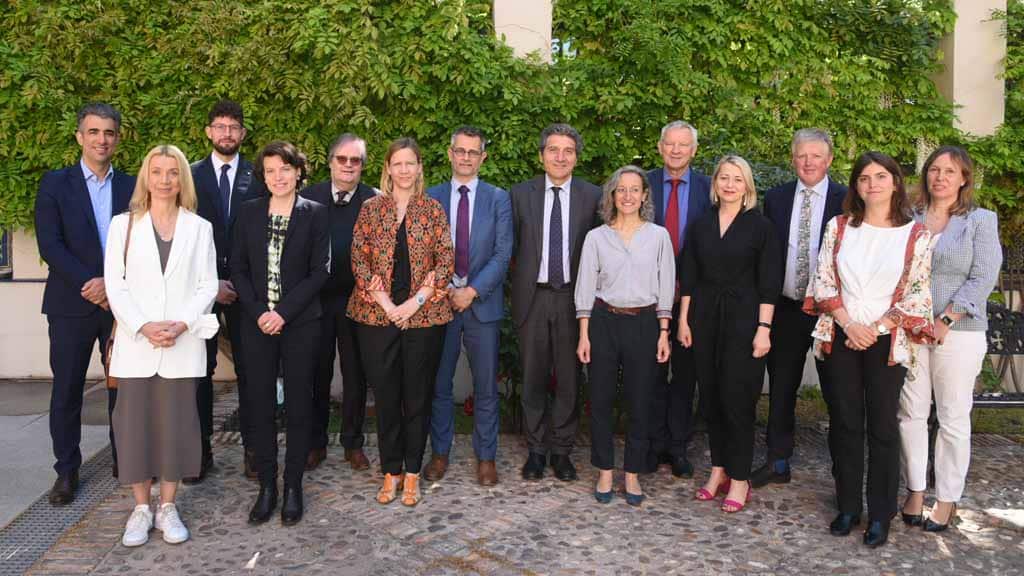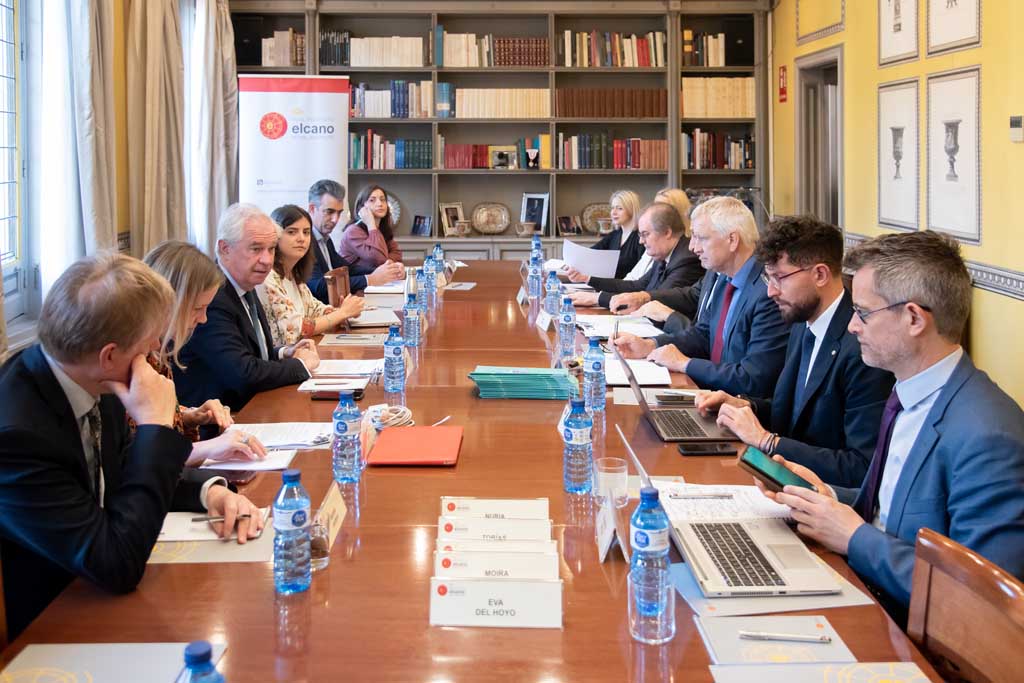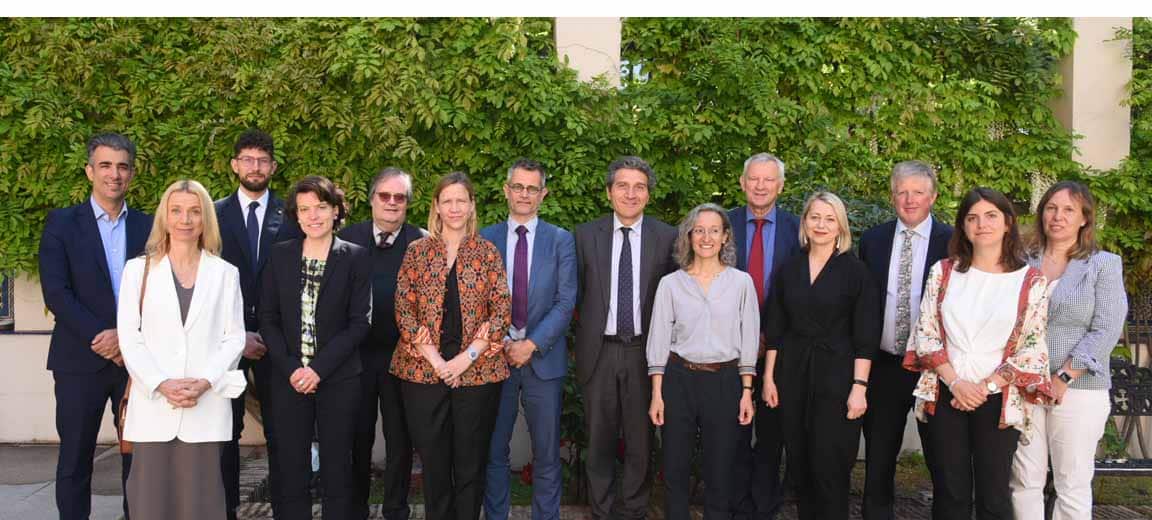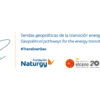The European Union’s development policy is confronted with unprecedented challenges in the COVID-19 context and the Ukraine crisis. The EU will need all hands-on deck to continue to effectively play a leadership role in global development. Efforts will have to be made on many fronts: inclusive growth, investment and jobs, peace and security, migration and mobility, combating environmental degradation and climate impacts, governance, skills and education, research, innovation and the digital economy. Commission President von der Leyen’s idea of a “geopolitical” Commission was meant to create a new political momentum to fundamentally re-energize the EU’s role in the world and in the area of foreign policy and international cooperation. The recent Ukraine crisis confronts the EU with an urgent need to speed up this process.
It is against this background that the European Think Tanks Group (ETTG) and Elcano Royal Institute, with the support of the Spanish State Secretariat for International Cooperation of the Ministry of Foreign Affairs, organised a closed-door seminar to discuss the future of the EU in promoting global development. This event involved policy makers from the EU and its member states, leading think tanks, the wider research community and civil society.
The underlying rationale of the event is, on the one hand, to foster a rethinking of EU international cooperation by better defining its distinctive features, added value and potential allies in the world, and on the other, to provide inputs for the Spanish presidency of the EU in 2023. The discussions were held in Madrid, under the Chatham House rule.
The workshop revolved around three main axes, each of them explored in a session with three or four speakers and one moderator, including political representatives from different Member States’ (or EU) Ministries of Foreign Affairs and experts of the ETTG member institutes.

Programme
Opening remarks by Charles Powell, Director of Elcano Royal Institute, and Geert Laporte, Director of ETTG and Senior Executive at ECPDM.
Session 1. The role of the EU as a global actor in a volatile world:
The EU aims at playing a leadership role in the world and having a concrete impact on global development debates such as the implementation of the 2030 Agenda.
This session shed light on whether the EU can meet its high expectations and whether the EU is able to stand up with these global roles in the current multipolar world with competing development and societal models. This first part also looked at the implications of the gradual integration of the EU development policy (i.e., via concrete mechanisms such as joint programming or delegated cooperation) into its foreign policy.
- Moira Feil, Head of EU division, BMZ, Germany.
- Fabio Cassese, DG for Development Cooperation, MFA, Italy.
- Geert Laporte, Director, ETTG and Senior Executive, ECDPM.
Moderator: Iliana Olivié, Senior Analyst, Elcano Royal Institute.
Session 2. EU Alliances with “like-minded” partners:
This session analysed potential alliances between the EU and several other actors in a multipolar world (i.e., G20 perspective, actors from Africa, Latin America, Europe). The aim was to investigate whether the EU is effectively able to play its global role and possibly ready to address power imbalances in multilateral fora, including the implications of the Ukrainian crisis in the Global South.
- Eva del Hoyo, DG for Sustainable Development Policies, MFAEUC, Spain.
- Hugo Brauwers, Deputy General for Development Cooperation and Humanitarian Aid, MFA, Belgium.
- Martín Rivero, Coordinator, Social Cohesion and South-South Cooperation, SEGIB.
Moderator: María Santillán, Research Assistant, Elcano Royal Institute.
Session 3. Adapting approaches and practices to new realities:
This final session started from the analysis of the development tools that need to be strengthened and/or revised and look at progress achieved so far (Global Europe, Joint programming, Policy Coherence for Development, Working Better Together Agenda, investing in multi stakeholder partnerships, restoring values agendas, European Peace Facility, finance for development, migration and refugees, SDR reallocation, debt sustainability). In this session, we also looked at the implications of COVID-19 and the Ukraine crisis in speeding up the necessary reforms. New priorities (green transformation, digital agendas…) and initiatives (Team Europe) will be highlighted.
- Sébastien Treyer, Executive Director, IDDRI.
- Félix Fernández-Shaw, Director for Sustainable Development Policy and Coordination, DG INTPA, European Commission.
- Ina Friesen, Researcher, German Development Institute.
Moderator: Andrew Sherriff, Associate Director, Institutional Relations and Partnerships, ECDPM.
Friday, 6th May 2022, from 9:30 to 16:00h. CEST. Elcano Royal Institute, Príncipe de Vergara, 51. Madrid (Spain).




